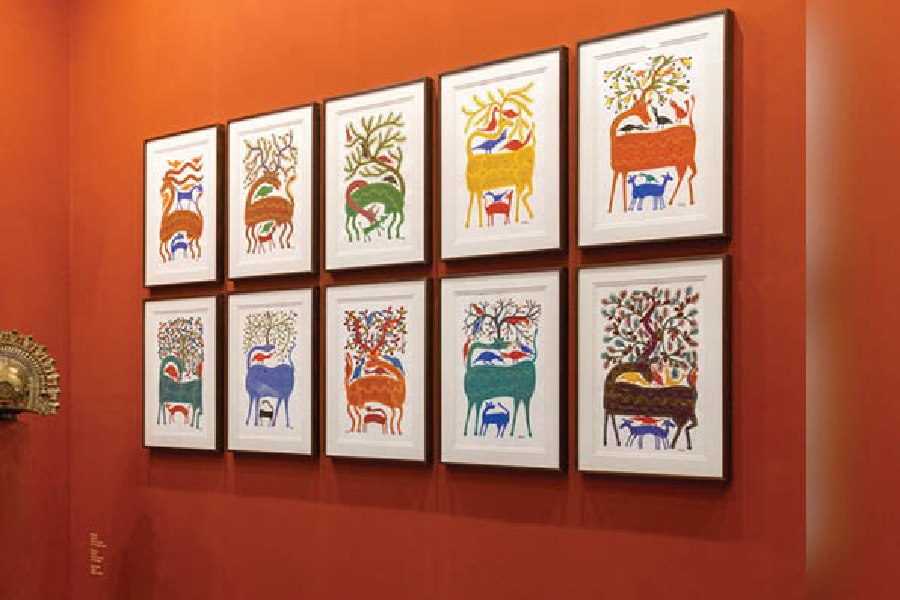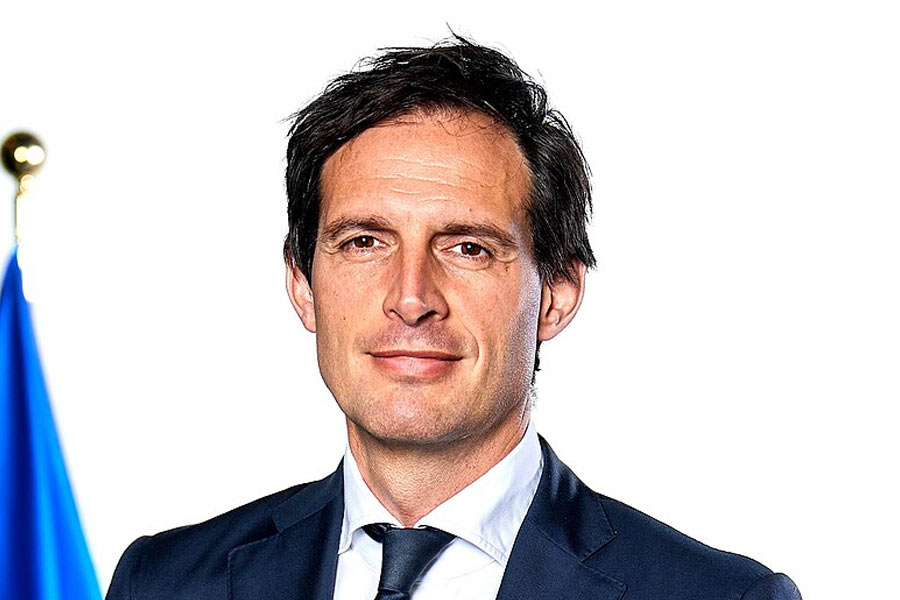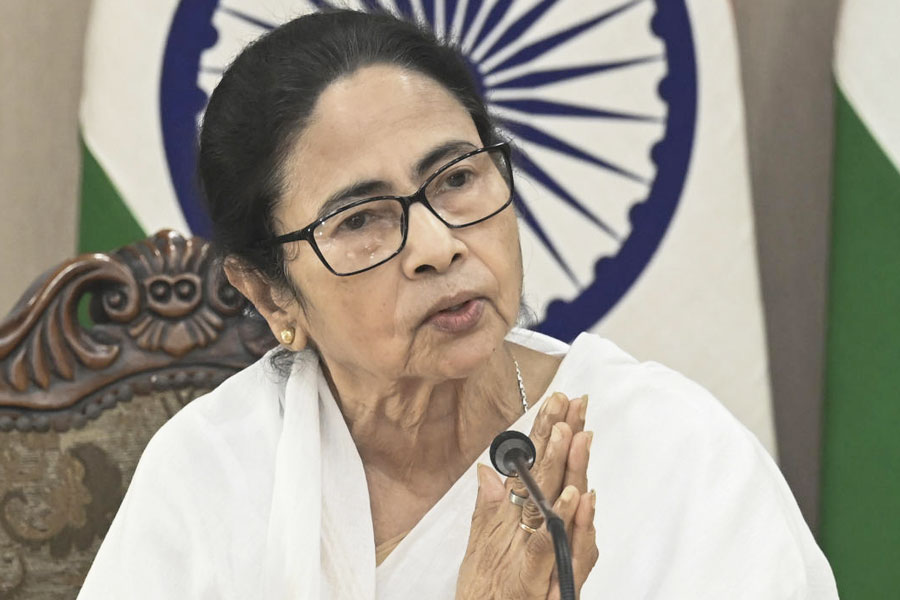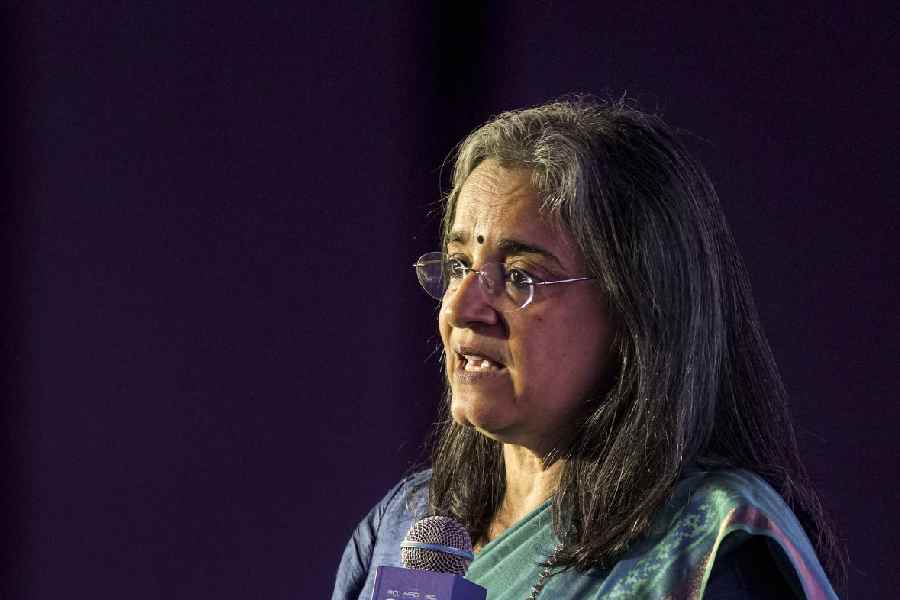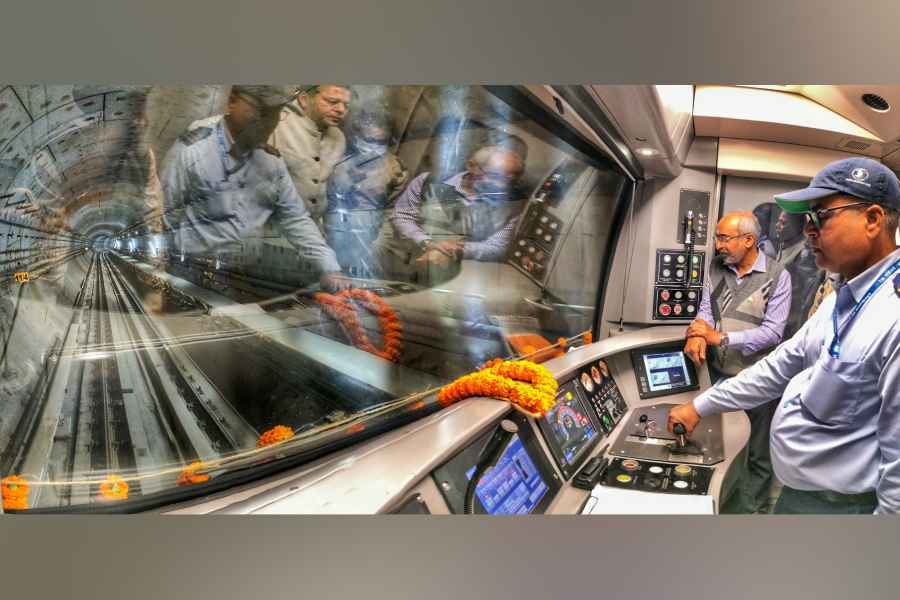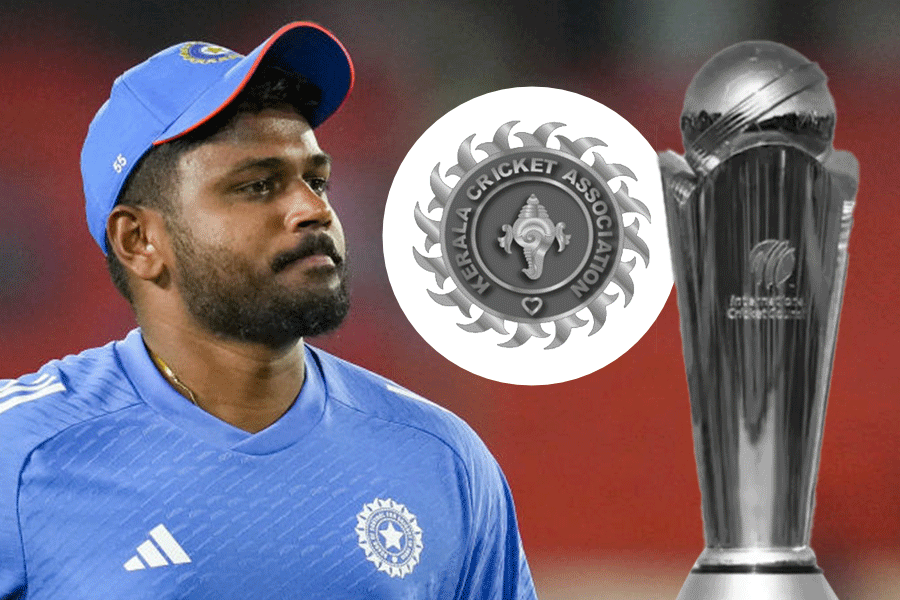A celebration of the arts showcasing works of the great masters alongside young and contemporary artists will unfold simultaneously at Santiniketan and Calcutta this winter.
Titled Bengal Biennale, the festival “seeks to invoke the multilayered cultural heritage and intellectual history of a liberal Bengal, a leading light for discourses on art, social justice, and spiritual and critical thinking in India”, the organisers said.
The festival will be held in Santiniketan from November 29 to December 22 and in Calcutta from December 6 to January 5. It will involve more than 20 venues, spread over the university town and Bengal’s capital, and showcase over 100 artists.
Visual art exhibitions will be central to the biennale. It will also have installations, musical and theatrical performances, conversations and more. A broad narrative or a theme, which will connect the artists and determine the festival’s character, will be divulged later, the organisers said. The name of all the participating artists and specific venues will also be shared later, though several museums and galleries are already on board.
“We are trying to create a space where we are showcasing rare works of some of the national treasures like Gaganendranath Tagore and Abanindranath Tagore. At the same time, art from people who are young. Many contemporary artists from all over India are taking part,” said Malavika Banerjee, trustee, Gameplan Foundation, which is organising the biennale.
“We are trying to create a young space in art. There is a sense that you have to be of a certain age to understand art but that is not the case. All over the world, it is young people who keep art alive,” she said.
An inevitable comparison that comes to mind is with the Kochi-Muziris Biennale, India’s first-ever and biggest contemporary art show, held at Fort Kochi and its surrounding areas. It “seeks to invoke” the historical cosmopolitan legacy of the modern metropolis of Kochi and its mythical predecessor, the ancient port city of Muziris.
In 2011-12, the founding idea for the biennale was to push the art festival into a freer space. It has built a reputation to appeal to everyone from daily wagers to museum curators.
The organisers of Bengal Biennale said they wanted the festival to chart its own path.
“The Kochi Biennale has its own geographical connect and works in a certain way. Here, we have tried to address the local requirement, rather than anything else. The main differentiator is that our programme is divided into two centres, Santiniketan and Kolkata,” said the Calcutta-based curator, Siddharth Sivakumar, also an art critic and writer.
Banerjee said Kochi and Calcutta had different advantages. “Kochi’s great advantage is that it has the seafront and it has Fort Kochi. Our great advantage is that we were the second city of the Empire...”
“...for better or for worse, we have a legacy of very wonderful colonial structures that we are going to use to our advantage,” Banerjee said.
Sivakumar said the Bengal Biennale was going to be a not-for-profit show.
“The biennale gives us the opportunity to showcase many projects that would have otherwise not been possible because they lack commercial backing. What is commercially possible in Delhi or Mumbai will not work here. But there is a general love for culture... Why is the book fair so popular here? Because people are interested in books. It is a space that has something for everyone. The biennale is built on a similar premise. A space accessible to ordinary people,” he said.
The festival boasts of an illustrious list of advisors that includes author Amitav Ghosh, painter Jogen Chowdhury, Harvard professor Sugata Bose and literary scholar Sukanta Chaudhuri.

